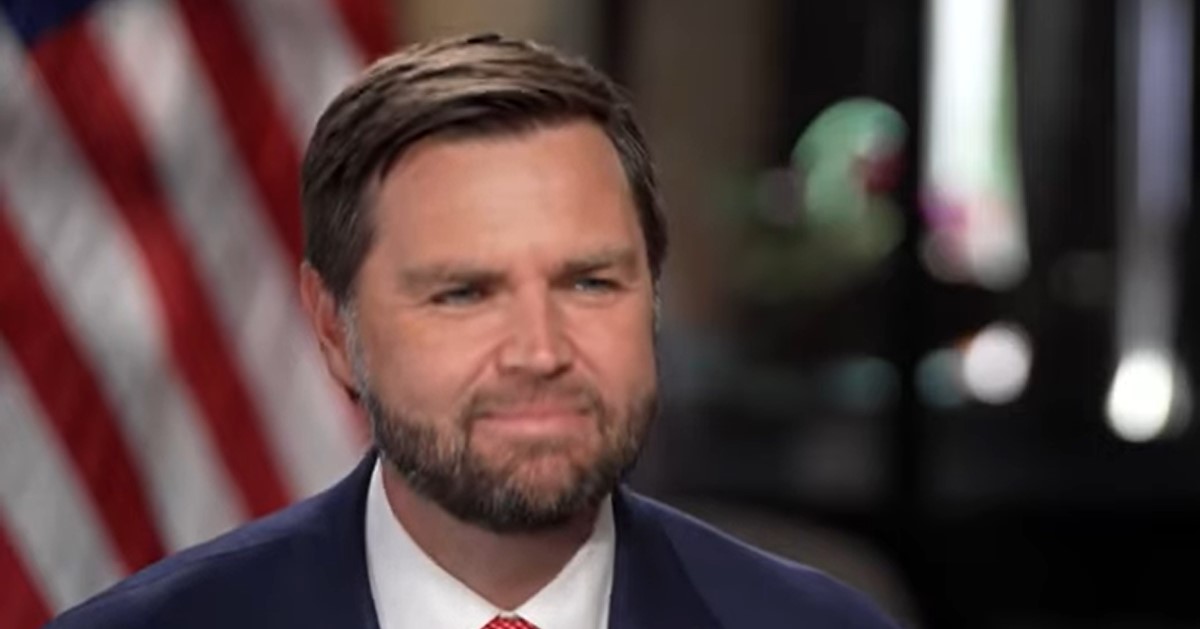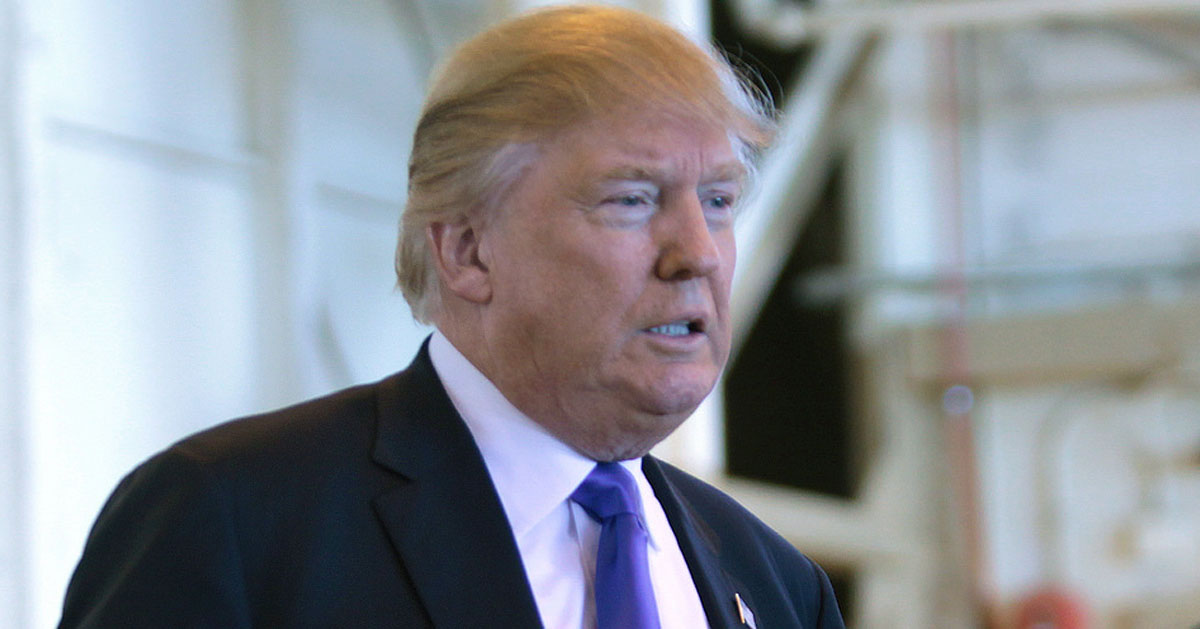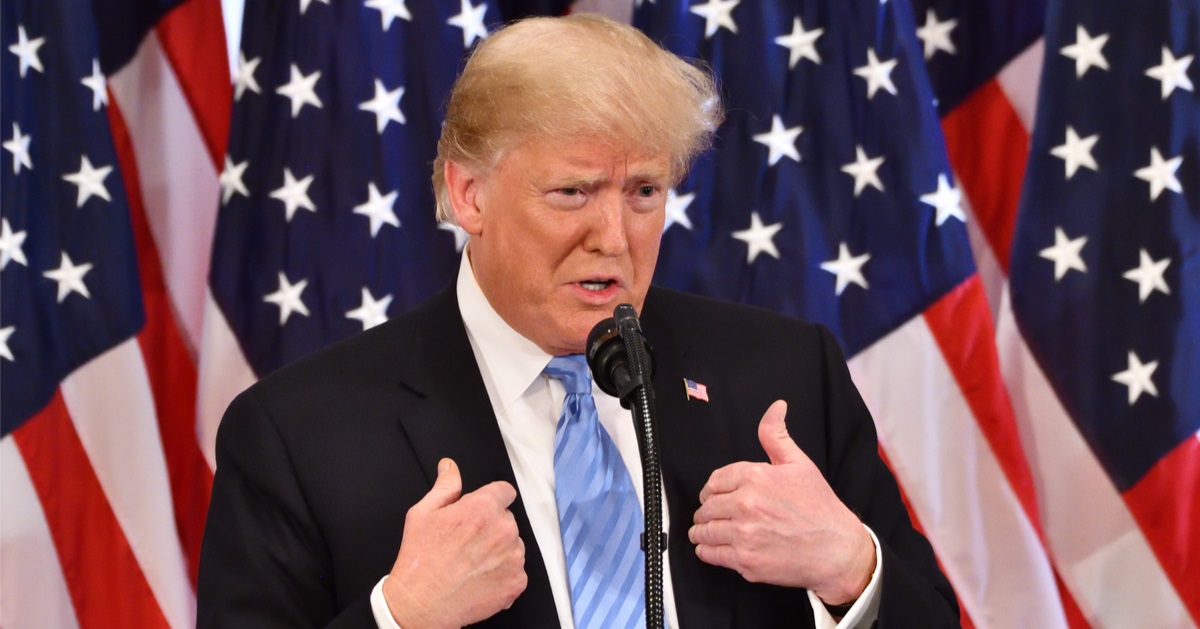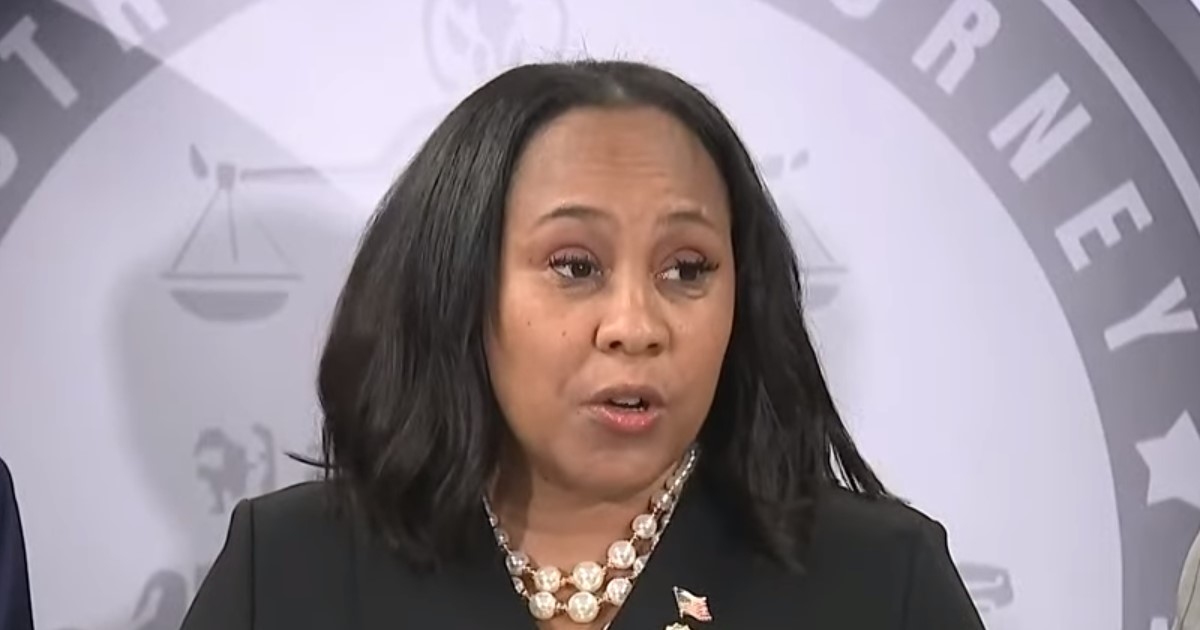Trump files motion for indefinite pause in classified documents case to settle immunity issue
The Supreme Court's recent ruling on presidential immunity may have stemmed from former President Donald Trump's election-related criminal case in Washington D.C. but, as predicted, it is being used by Trump to ward off the other prosecutorial efforts arrayed against him.
Citing that immunity ruling, Trump's attorneys just asked Judge Aileen Cannon to pause nearly all proceedings in the classified documents case until certain threshold issues identified in that ruling can be settled, CBS News reported.
Specifically, Trump's attorneys requested the resolution of undecided pending motions previously filed in the case that claim the former president is immune from criminal prosecution as well as that Special Counsel Jack Smith's appointment and funding are unlawful.
SCOTUS ruling on immunity
In the Supreme Court's ruling on Monday, it was determined by the 6-3 majority that all presidents enjoy absolute immunity from prosecution for their core constitutional duties, have presumptive immunity for all other "official acts" while president, but are not immune from prosecution for "unofficial" or private acts while in office.
Part of that decision specified that prosecutors are prohibited from using non-prosecutable "official acts" as evidence when prosecuting private or "unofficial" acts.
And, in a concurring but non-binding opinion, Justice Clarence Thomas highlighted and urged resolution of the unanswered debate over whether Special Counsel Smith's initial appointment to that position was lawful, as well as the questionable funding his office receives that does not adhere to the typical appropriations process.
Trump requests indefinite pause on proceedings to address immunity issue
In a 10-page motion filed on Friday, former President Trump's attorneys cited the "implications of Trump v. United States for the pending Presidential-immunity motion" and requested "a partial stay of further proceedings -- with the exception of the pending gag-order motion -- until President Trump’s motions based on Presidential immunity and the Appointments and Appropriations Clauses are resolved."
"Resolution of these threshold questions is necessary to minimize the adverse consequences to the institution of the Presidency arising from this unconstitutional investigation and prosecution," the attorneys wrote. "A partial stay is also appropriate to prevent further exploitation of judicial institutions and resources by Executive Branch personnel in connection with the shameful ongoing lawfare campaign."
The motion pointed to the Supreme Court's prohibition against using "official acts" as evidence against a president in a criminal proceeding and called for a "necessarily factbound analysis" by Judge Cannon to determine whether Trump's alleged conduct constitutes "official or unofficial" acts.
Trump's attorneys also highlighted what Justice Thomas wrote in his concurrence about Special Counsel Smith, in that "If this unprecedented prosecution is to proceed, it must be conducted by someone duly authorized to do so by the American people. The lower courts should thus answer these essential questions concerning the Special Counsel’s appointment before proceeding."
It was also noted that a stay of the proceedings would align with the Justice Department's unwritten rule to avoid even the appearance of election interference by not taking any law enforcement or prosecutorial actions in the run-up to an election.
Trial already indefinitely delayed
In a separate four-page motion filed the same day, Trump's attorneys also wrote that the Supreme Court's ruling "guts the Office’s position that President Trump has 'no immunity' and further demonstrates the politically-motivated nature of their contention that the motion is 'frivolous,'" and "also confirms that the Office cannot rely on 'official acts' evidence in this case."
It was further observed that "Justice Thomas’s concurrence in Trump adds force to the motions relating to the Appointments and Appropriations Clauses" in that the jurist raised "grave separation-of-powers concerns" and questioned whether Special Counsel Smith was properly appointed and funded.
CBS News noted that Judge Cannon have indefinitely delayed Trump's classified documents case as she deals with the plethora of pre-trial motions that have been filed as well as the complex and time-consuming procedures for handling classified materials in a courtroom setting. If she rules in favor of this latest motion from Trump, the trial would almost certainly be pushed back until well after the election in November.






